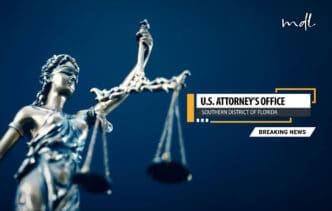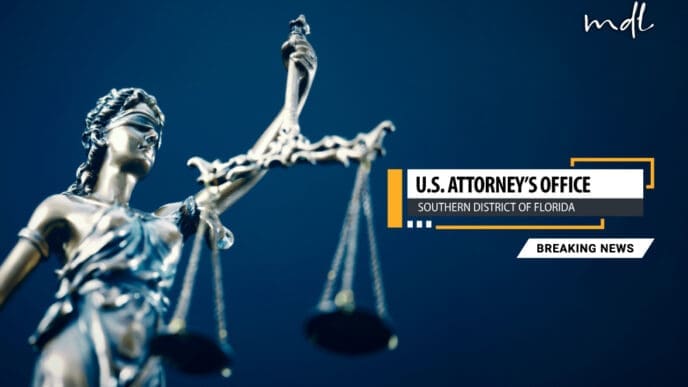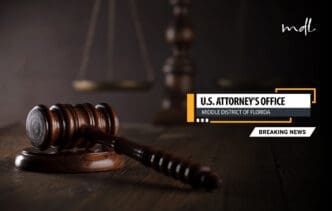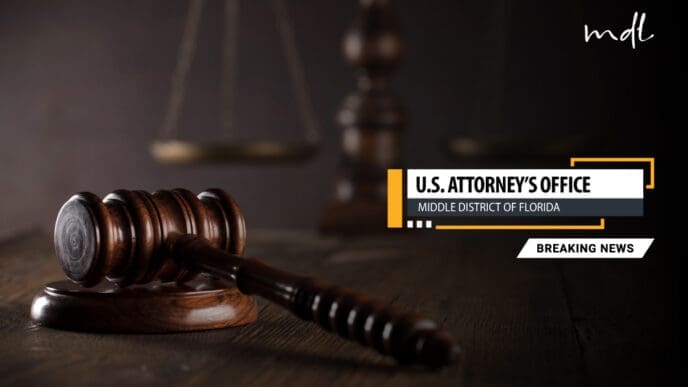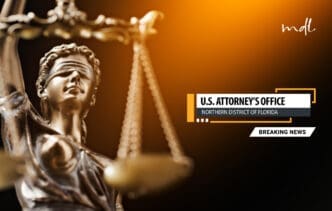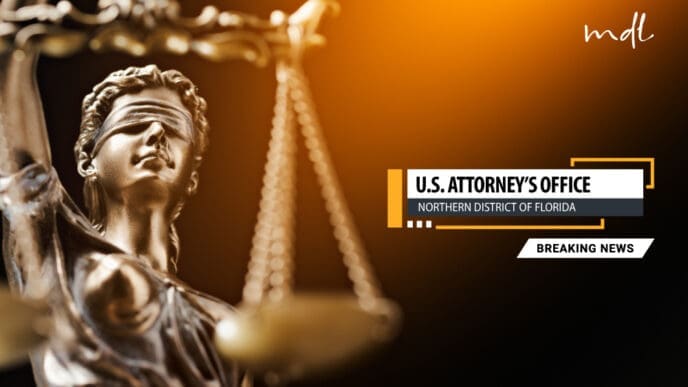Recent actions by major law firms, including Paul Weiss, have drawn criticism for their defense of high-profile clients with controversial reputations. This includes their association with Donald Trump and their historical involvement in defending large corporations against significant allegations. Notably, Paul Weiss has been involved in defending ExxonMobil against claims regarding misinformation on climate change and has faced backlash for other contentious cases. These instances include winning immunity for the Sackler family related to the opioid crisis, representing Philip Morris in a major racketeering case, and defending subprime lenders during the housing foreclosure crisis, among others.
Paul Weiss, however, is not alone in this realm. Similar patterns are observed across many large law firms, which have been criticized for allegedly supporting authoritarian ventures or defending contentious corporate practices. For example, Milbank, a firm associated with notable figures such as Neal Katyal, has faced scrutiny for pledging substantial resources to support the current president’s initiatives. Despite some prominent lawyers having a history of representing controversial causes, the legal defense of corporations is often justified under the belief that every entity deserves legal representation, a practice compared to historic cases like John Adams’s defense of British soldiers during the Boston Massacre.
The Crucial Element
The alignment of prominent law firms with controversial clients and causes highlights broader ethical considerations within the legal industry. For the public and communities affected, these legal defenses can have significant real-world implications. The perception of law firms siding with powerful interests over public welfare may erode trust in the legal system, potentially influencing public opinion and leading to calls for reform. Moreover, communities directly impacted by the actions of these corporations may feel marginalized and disenfranchised, prompting advocacy for greater corporate accountability.
For the legal profession, these cases stress the importance of balancing ethical considerations with the duty to provide legal representation. The ongoing debate may lead to increased scrutiny of legal practices and encourage a reevaluation of the role of law firms in society. This conversation underscores the need for transparency and ethical integrity in legal advocacy, potentially shaping future legal standards and practices.

